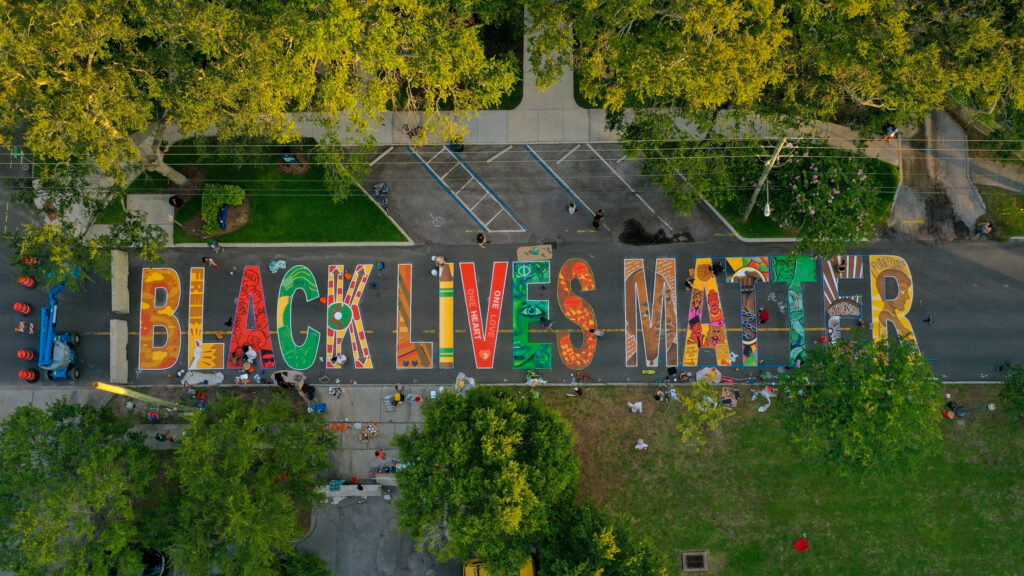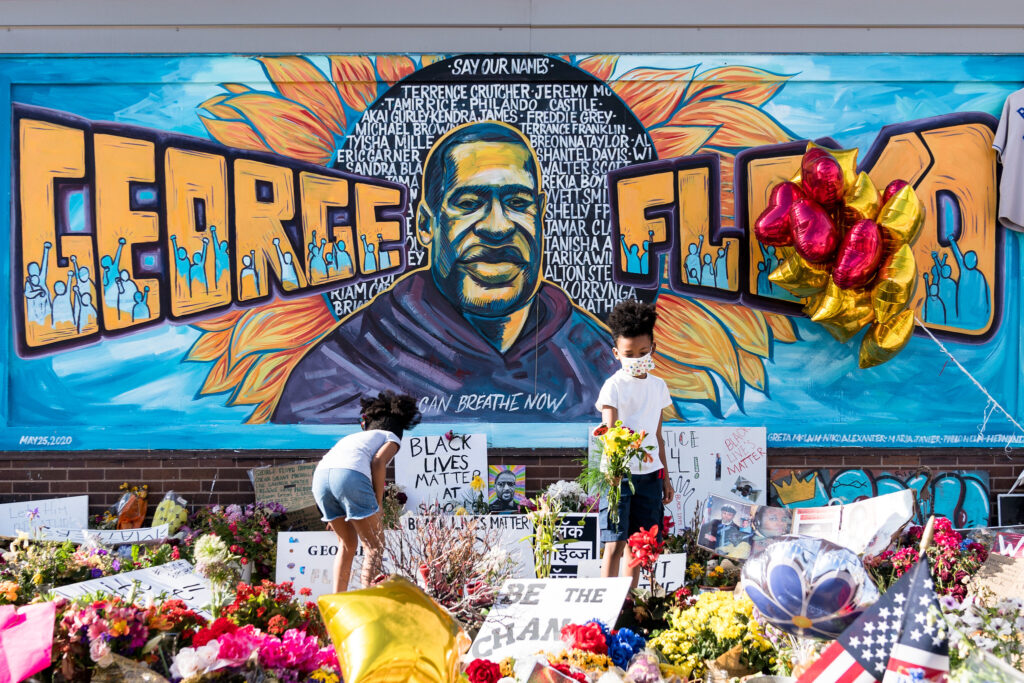 The editors of the Journal of Creative Library Practice have been heartbroken over the murders of George Floyd, Ahmaud Arbery, Breonna Taylor, and so many more Black people over the years. We stand in solidarity with all people who demand change to the systems that perpetuate injustice. As librarians, we want to see change in our own institutions and practices – changes that will promote justice as we help our communities acknowledge and reject white supremacy and the violence it continues to inflict on Black communities.
The editors of the Journal of Creative Library Practice have been heartbroken over the murders of George Floyd, Ahmaud Arbery, Breonna Taylor, and so many more Black people over the years. We stand in solidarity with all people who demand change to the systems that perpetuate injustice. As librarians, we want to see change in our own institutions and practices – changes that will promote justice as we help our communities acknowledge and reject white supremacy and the violence it continues to inflict on Black communities.

To that end, we are issuing a special call for papers. You, our authors and our readers, have been and are continuing to develop creative anti-racist practices and resources in your libraries. By sharing our experiences, we hope to inspire creative ways to go beyond merely providing resources to actively engaging in anti-racism in libraries. We want to help you share your established or emerging anti-racist library practices. We want to help you amplify the voices of those who have been historically marginalized. Are there things that your library has done to promote an anti-racist praxis? Whether it’s in cataloging, technical services, instruction, events, or programming, what things are taking place to ensure equity and justice? Let’s share our creative practices.
 We welcome submissions of many kinds, from brief essays to peer reviewed articles. Please see our Instructions for Authors for more information about submitting your manuscripts.
We welcome submissions of many kinds, from brief essays to peer reviewed articles. Please see our Instructions for Authors for more information about submitting your manuscripts.
The images are from:
https://www.flickr.com/photos/cityofstpete/50062538931/ CC-BY-ND 2.0
https://www.flickr.com/photos/number7cloud/49972844848/ CC-BY-SA 2.0
https://www.flickr.com/photos/taedc/49978521831/ CC-BY-SA 2.0


